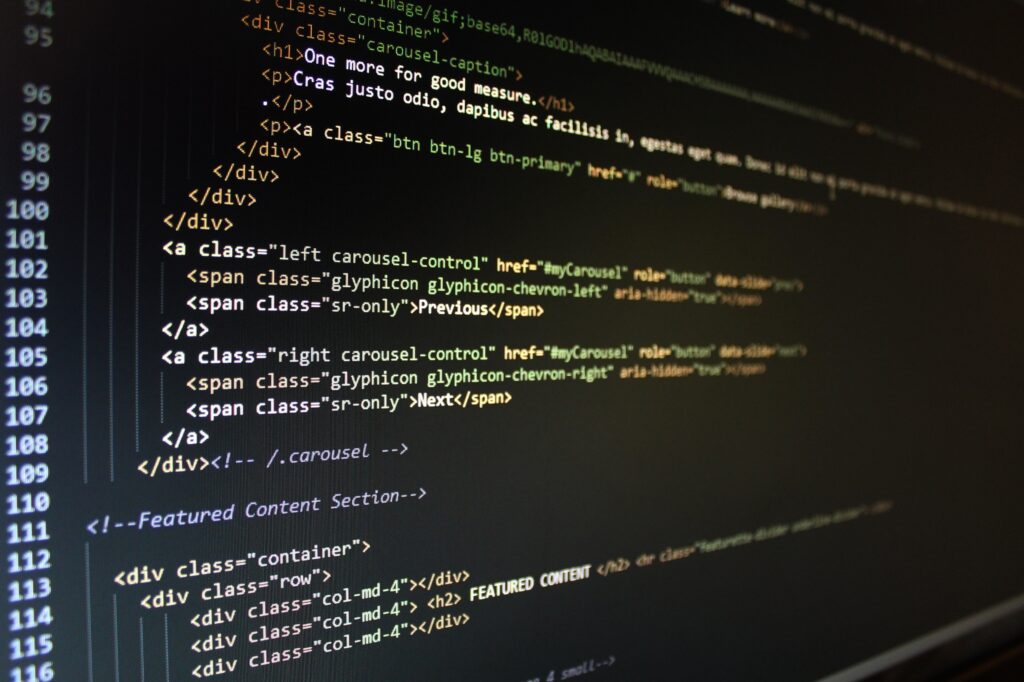
Japanese Universities Restrict Student Use of ChatGPT: Addressing Concerns on Academic Integrity and Data Privacy

Japanese universities, including Tokyo’s Sophia University and the University of Tokyo, have recently implemented restrictions on the use of OpenAI’s chatbot, ChatGPT, by students for academic assignments. These restrictions come in response to concerns about potential information leaks, academic misconduct, and privacy issues associated with the use of AI tools in an educational setting.
ChatGPT gained immediate prominence online after its release in November last year, with its ability to respond to user queries with human-like output. It has been praised for its capability to summarize research studies, answer logical questions, and even crack business school and medical exams. However, along with its advantages, several experts have also highlighted potential risks and challenges associated with its use in academia.
One of the main concerns raised by Japanese universities is the issue of academic integrity. The use of ChatGPT or other AI chatbots to generate text, program source code, calculation results, or other assignment content is considered as not being created by the students themselves. This raises concerns about plagiarism, as the generated content may not reflect the students’ original work or understanding of the subject matter. To address this, universities such as Sophia University have explicitly banned the use of ChatGPT in assignments such as reaction papers, reports, essays, and theses, and have warned of strict measures in accordance with disciplinary rules for any confirmed violations.
Another concern is the potential for misinformation and copyright infringement. While ChatGPT has demonstrated impressive capabilities in generating responses, it is not infallible and may provide plausible-sounding but incorrect answers, especially in areas where it lacks sufficient knowledge. This could mislead users and result in inaccurate or misleading information in academic assignments. Moreover, the use of AI tools like ChatGPT may inadvertently violate copyright laws, as the generated content may include copyrighted materials without proper attribution or permissions.
Data privacy is also a significant concern. Japanese universities have expressed worries about unintentional data leaks to service providers when using generative AI tools like ChatGPT. Unpublished research results, entrance examination information, personal information of students and faculty members, and other confidential information may be transmitted to service providers, partially or completely, which could potentially compromise data privacy and confidentiality. This raises questions about the legal basis for collecting personal information and the potential risks of information leakage.
In light of these concerns, Japanese universities are taking steps to address the issues associated with the use of ChatGPT. They have published guidelines and restrictions on its use for academic assignments, emphasizing the need for students to create their own work and not rely solely on AI-generated content. Some universities have also advised teachers to carefully evaluate and monitor the use of AI tools by students, and to check how AI will respond before assigning exercises and reports.
The restrictions on the use of ChatGPT in Japanese universities reflect a growing awareness of the potential risks and challenges posed by AI tools in educational settings. Similar concerns have been raised in other countries, such as Italy and Germany, where there are also discussions and investigations into the use of ChatGPT and other AI tools in academia.
As AI continues to advance and become more prevalent in various domains, including education, it is crucial for institutions to carefully assess and manage the risks associated with its use. Ensuring academic integrity, addressing misinformation and copyright concerns, and protecting data privacy should be top priorities. This may involve developing clear guidelines and policies on the use of AI tools, providing education and training for students and faculty on responsible AI use, and implementing appropriate technical measures to safeguard data privacy.
The recent restrictions on the use of ChatGPT in Japanese universities highlight the need to address concerns related to academic integrity, misinformation, copyright infringement, and data privacy.
Also Read| Italy Bans OpenAI’s ChatGPT Over Privacy Concerns
Also Read| Google Launches AI Chatbot Bard for Over-18s as Rival to ChatGPT





Alibaba AI Chatbot Rival to ChatGPTSamkarTech 2 years ago
[…] Also Read| Japanese Universities Restrict Student Use of ChatGPT: Addressing Concerns on Academic Integrity and… […]
Reply